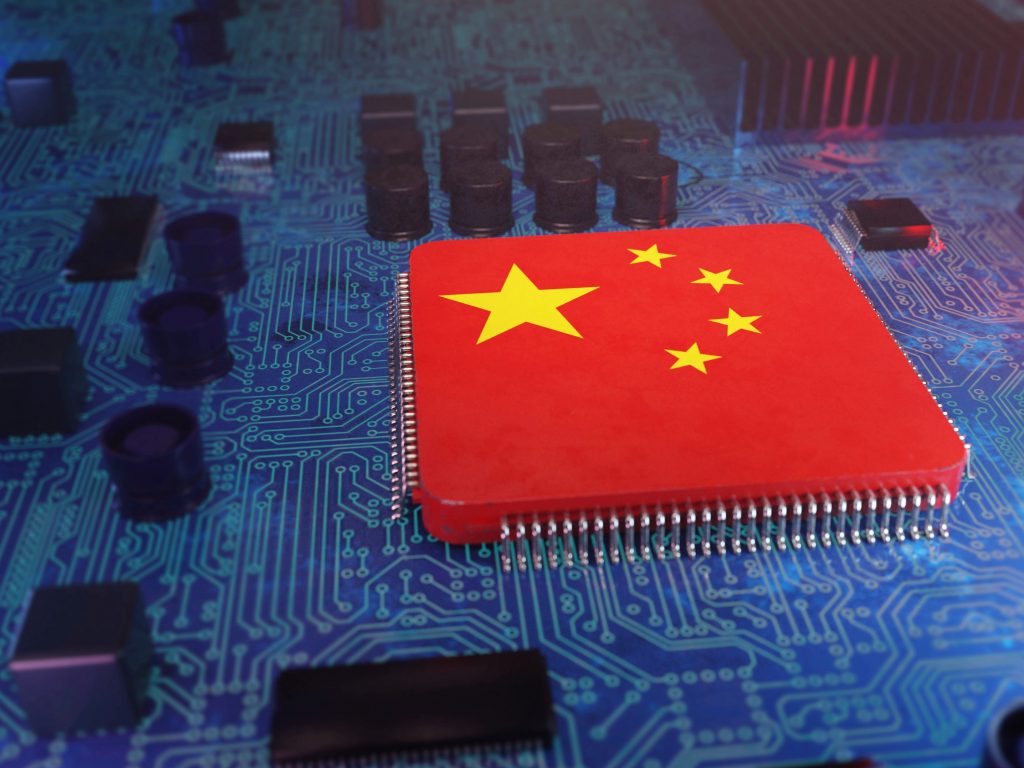
Steven McDowell/Science Photo Library
- Chinese tech companies are resorting to extreme surveillance to ensure workers stay productive.
- Many Chinese tech workers pull 12-hour "9-9-6" shifts. They now do so under the gaze of the "Third Eye."
- Efficiency reports from the "Third Eye" break down how long a worker spends on each website, among other data.
- Visit Insider's homepage for more stories.
At his last workplace, Beijing-born Jiang Yi, 32, knew he was being watched from the moment he signed into his office network.
This was because his former employer, a mid-sized tech company in the Chinese capital, employed the use of surveillance software DiSanZhiYan (or "Third Eye") to put all their workers under the company's watchful gaze.
"I was working 12 to 16 hours a day writing code. I reached the point of breakdown when my boss came to me one day waving a piece of paper asking me why I watched two videos instead of doing my work," Jiang said.
Similar to some employee monitoring software used in the US like CloudDesk, the system monitors web usage and idle time. But the "Third Eye" goes one step further. Apart from monitoring chat logs to giving a real-time view of what each employee is looking at, the software pings employers when a worker is viewing videos on streaming sites or looking at job listings.
Jiang said weekly "efficiency reports" were generated for his employers. These provided an exact to-the-minute breakdown of what each employee looked at, categorized by website and application.
"The system keeps employees afraid. They know that they are being watched throughout their 12-hour work shifts. The 9-9-6 life was miserable enough without having to live in fear," Jiang said, referring to China's "hustle" culture, where office workers work 12 hours a day from 9 a.m. to 9 p.m., six days a week.
He said some of his colleagues even felt compelled by the system to work "007" days - a slang term for staying online 24 hours a day.
On the company's website, the system claims to be "all-powerful, controlling, and stable" and "adaptable to all means of subverting surveillance." It lists around a thousand clients, ranging from government entities to tech corporations.
Orwellian monitoring systems like these are not new in China. In 2018, the mobile surveillance app Zhongduantong was developed to track employees' locations in real-time. To date, a list of some 347 companies use the app, which can monitor how long employees spend in the toilet to where exactly they are during office hours."
Sangfor Technologies, which provides online monitoring systems, also developed a way for companies to track employees' mobile browsing history and app usage records whenever they use the company Wi-Fi, per a Nikkei report.
Nikkei reported that the company - which boasts Alibaba, Bytedance, Xiaomi, and Weibo parent company Sina Corp. as its major clients - even allows firms to block mobile apps that might affect worker productivity like Weibo, the Chinese version of Twitter.
And this monitoring may soon extend beyond policing what employees do to how they feel. An article from Hong-Kong based publication Week in China wrote last November that Canon China was rolling out a security camera that only admitted employees into the workplace after they cracked smiles during a daily face scan.
"We are hoping the dull atmosphere caused by the epidemic will be relaxed by smiling faces," Ehara Taisei, the vice president of Canon China, said to Week in China.
To Jia Kai, associate professor at the University of Electronic Science and Technology of China, questioned the extent to which human society can be managed by programs, remarking to Nikkei that computer systems can only capture "a simplified version of human behaviors."
"For example, if a worker has a cold today, will the programs be able to detect that and allow more time for the person to finish his job? The answer is no," Jia told Nikkei.

